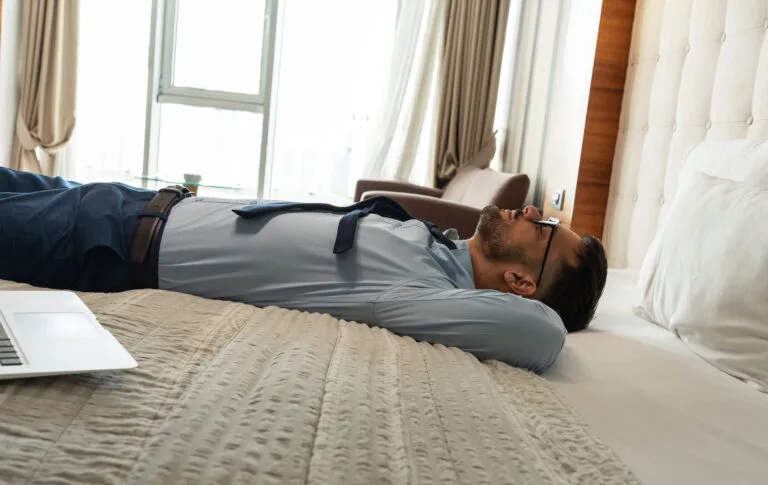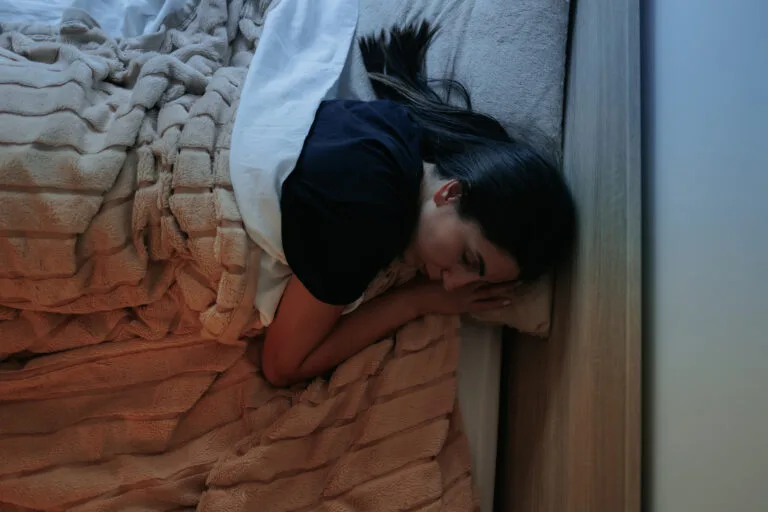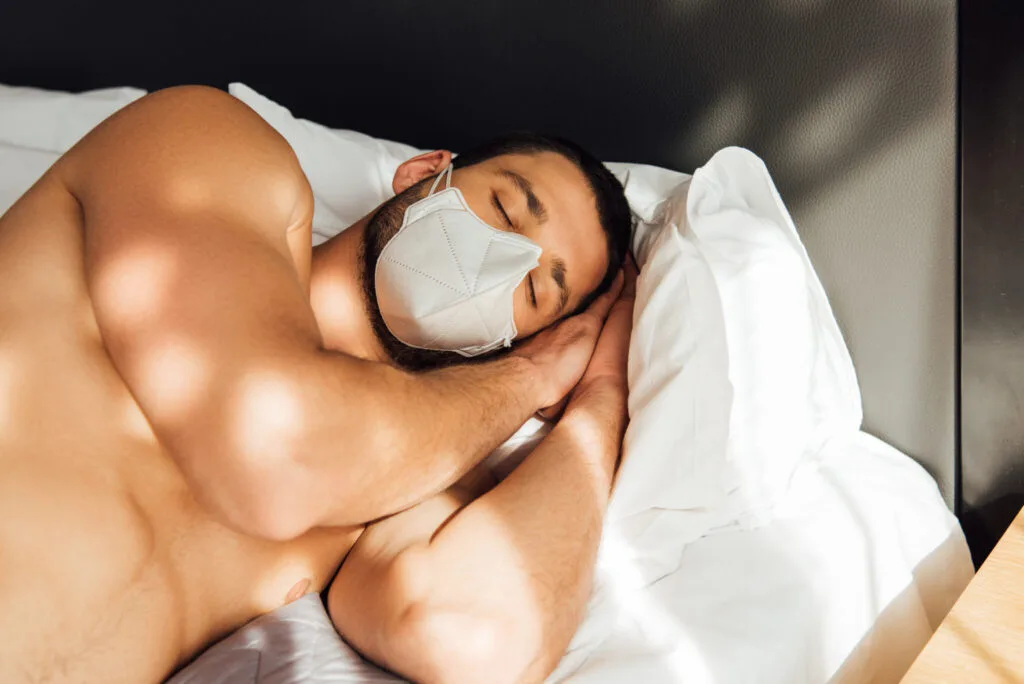After undergoing nose surgery, recovery is a delicate process, and something as simple as how you sleep can make all the difference. The right sleeping position can help reduce swelling, ease discomfort, and speed up healing, while the wrong one can hinder your progress and even cause complications. If you’re preparing for nose surgery or are already in recovery, learning the best positions and tips for a restful, healing sleep is key to a smooth journey back to normal life. Here, we explore how you can optimize your sleep environment, manage discomfort, and set yourself up for the best recovery possible.
 “Sleeping on your back helps prevent accidental bumps and keeps your nose in a stable position for optimal healing.” — Dr. Solomon, Facial Plastic Surgeon
“Sleeping on your back helps prevent accidental bumps and keeps your nose in a stable position for optimal healing.” — Dr. Solomon, Facial Plastic Surgeon

 ACT NOW! GET A FREE CONSULTATION – TODAY ONLY!
CALL US NOW TO LEARN MORE ABOUT HOW A BROKEN NOSE IS REPAIRED BY A PLASTIC SURGEON! 346-413-9313
Don’t miss this exclusive opportunity to get expert advice and begin your journey towards a new, confident you. Texas Sinus and Snoring’s dedicated team is ready to help you achieve the results you’ve always wanted. Contact us today to schedule your free consultation and take the first step towards a better, more confident you!
ACT NOW! GET A FREE CONSULTATION – TODAY ONLY!
CALL US NOW TO LEARN MORE ABOUT HOW A BROKEN NOSE IS REPAIRED BY A PLASTIC SURGEON! 346-413-9313
Don’t miss this exclusive opportunity to get expert advice and begin your journey towards a new, confident you. Texas Sinus and Snoring’s dedicated team is ready to help you achieve the results you’ve always wanted. Contact us today to schedule your free consultation and take the first step towards a better, more confident you!
Key Takeaways:
- Sleep with your head elevated for at least the first week after nose surgery to reduce swelling.
- Practice sleeping on your back before surgery to get comfortable with this position.
- Avoid sleeping on your side or stomach for at least 10 days post-surgery to prevent damage.
- Use extra pillows or a recliner to help keep your head elevated.
- Create a comfortable sleep environment by keeping your room cool, dark, and free of distractions.
Why Sleep is Crucial After Nose Surgery
Sleep plays a vital role in your recovery. It allows your body to heal and regenerate tissues, while also reducing swelling and minimizing discomfort. Understanding the best ways to sleep after surgery can significantly enhance your recovery process. Since your usual sleeping positions might no longer be suitable, taking extra precautions to avoid any pressure on your nose is essential.Best Sleeping Positions Post-Nose Surgery
Sleeping on Your Back
One of the safest positions post-surgery is on your back, as it helps prevent any unintended pressure on your nose. If you’re not accustomed to sleeping on your back, it’s wise to practice this position before surgery. “Sleeping on your back helps prevent accidental bumps and keeps your nose in a stable position for optimal healing.” — Dr. Solomon, Facial Plastic Surgeon
“Sleeping on your back helps prevent accidental bumps and keeps your nose in a stable position for optimal healing.” — Dr. Solomon, Facial Plastic Surgeon
Elevating Your Head
Elevating your head is another crucial tip. It reduces swelling and congestion, which are common after nose surgery. You can achieve this by using extra pillows or sleeping in a recliner. For the first week post-surgery, aim to keep your head elevated as much as possible. “Elevating your head promotes good blood circulation and helps reduce swelling in the nose.” — Dr. Sedgh, Plastic SurgeonAvoiding Side and Stomach Sleeping
Avoid sleeping on your side or stomach for at least 10 days after surgery to prevent any pressure on your nose. If you’re concerned about accidentally rolling onto your side, try using pillows as a barrier.Practical Tips for Better Sleep Post-Surgery
Using a Humidifier
Dry air can irritate your nasal passages after surgery, making it difficult to breathe comfortably. Using a cool-mist humidifier adds moisture to the air, soothing your nasal passages and reducing congestion. Make sure to keep the humidifier clean to prevent bacteria or mold buildup.Creating a Cool, Dark Room
A sleep-friendly environment aids recovery. Keeping your room cool (60-67°F) and dark will help you fall asleep faster and stay asleep longer. Use blackout curtains or an eye mask to block out light, and remove any distractions like smartphones or TVs that might interfere with sleep.
Bed Arrangements for Comfort
Your bed should be a sanctuary for rest. Use supportive pillows to keep your head elevated and to prevent you from rolling onto your side or stomach. This arrangement ensures you stay in the optimal position for healing.Managing Pain for Better Sleep
Pain is a common barrier to sleep after surgery. Follow your doctor’s recommendations for pain medication, and consider natural remedies like a cold compress to reduce swelling. Using these strategies will help you sleep more comfortably.General Care Tips for a Speedy Recovery
- Stay Hydrated: Drinking plenty of water helps your body heal. Aim for at least eight glasses a day, and avoid alcohol and caffeine, which can dehydrate you.
- Eat a Balanced Diet: A nutritious diet supports healing. Focus on fruits, vegetables, lean proteins, and whole grains, and avoid foods high in sugar or unhealthy fats.
- Avoid Physical Strain: Strenuous activities should be avoided for at least a few weeks. Light activities like walking can help without putting pressure on your nose.
FAQs
How long should I sleep with my head elevated? You should sleep with your head elevated for at least the first week after surgery to reduce swelling and congestion. Consult your doctor for personalized advice. Can I sleep on my side after the first week? It’s best to avoid side sleeping for at least 10 days post-surgery. Even after that, consult your doctor before making changes to your sleeping position to avoid complications. ACT NOW! GET A FREE CONSULTATION – TODAY ONLY!
CALL US NOW TO LEARN MORE ABOUT HOW A BROKEN NOSE IS REPAIRED BY A PLASTIC SURGEON! 346-413-9313
Don’t miss this exclusive opportunity to get expert advice and begin your journey towards a new, confident you. Texas Sinus and Snoring’s dedicated team is ready to help you achieve the results you’ve always wanted. Contact us today to schedule your free consultation and take the first step towards a better, more confident you!
ACT NOW! GET A FREE CONSULTATION – TODAY ONLY!
CALL US NOW TO LEARN MORE ABOUT HOW A BROKEN NOSE IS REPAIRED BY A PLASTIC SURGEON! 346-413-9313
Don’t miss this exclusive opportunity to get expert advice and begin your journey towards a new, confident you. Texas Sinus and Snoring’s dedicated team is ready to help you achieve the results you’ve always wanted. Contact us today to schedule your free consultation and take the first step towards a better, more confident you! 



